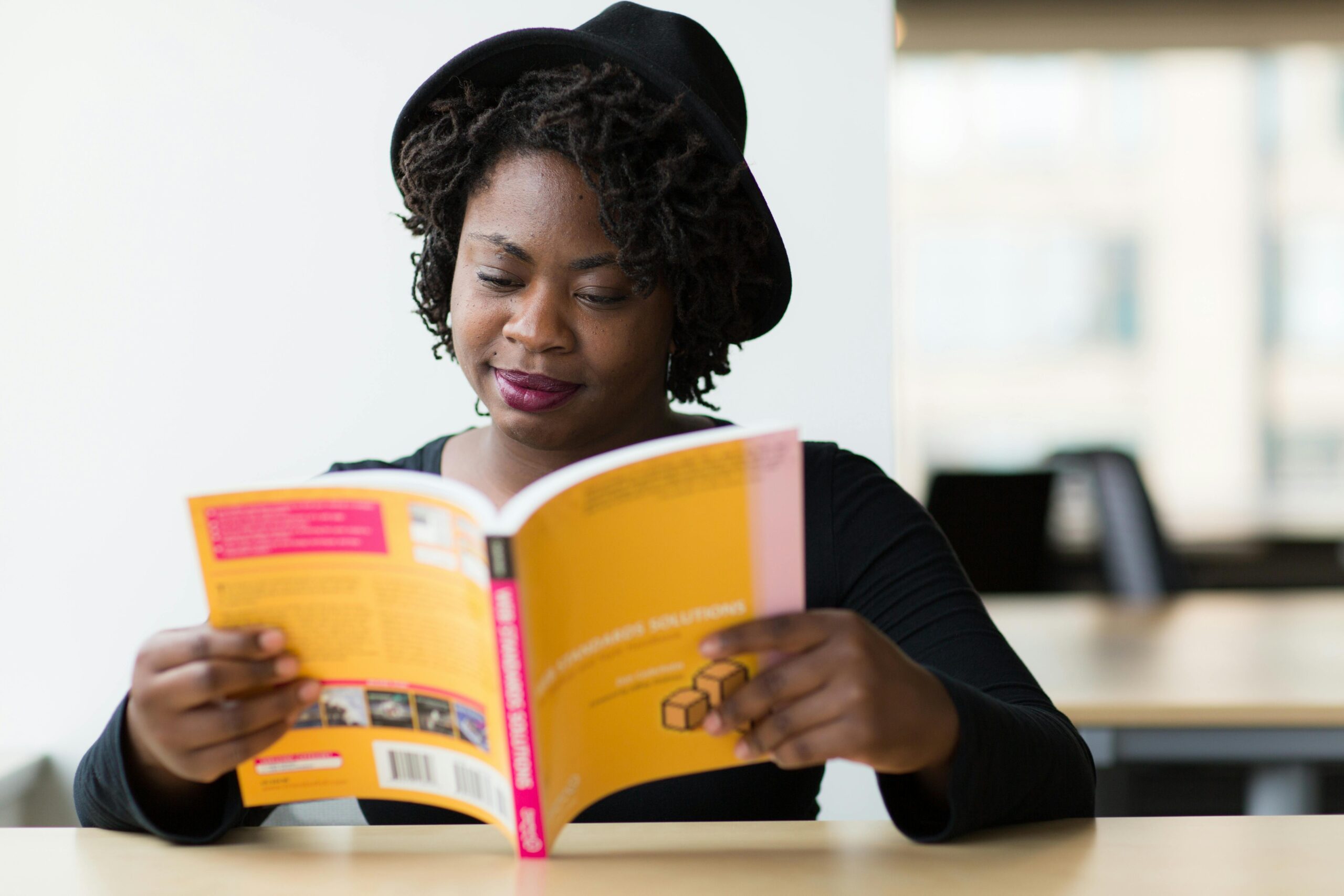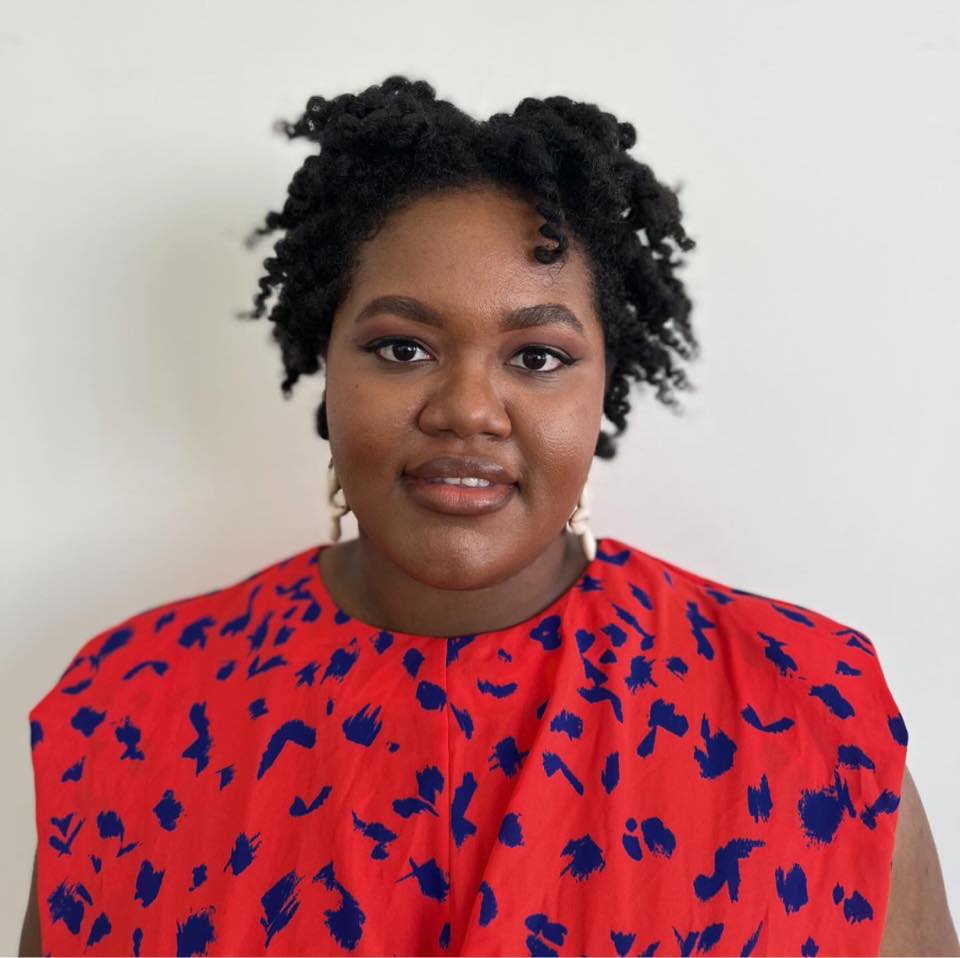Historically black colleges and universities (HBCUs) have long served Black students, non-Black students of color and more recently white students. Of their graduates, several alumni have gone on to achieve incredible careers, ranging from Oprah Winfrey and Samuel L. Jackson to Vice President Kamala Harris. HBCUs have produced some of the world’s greatest speakers, artists and businesspeople. It’s no wonder why rankings exist among the 101 institutions that provide higher education to Black students. From having the most successful alumni to being the hardest HBCU to get into, here are our HBCU rankings.
The Highest HBCU Rankings In The Country
Each of the HBCUs mentioned in this ranking system has their own specialty and draw for students. Between the universities, each one of them garners funding, which contributes to university/college performance academically and athletically.
At eighth place is Xavier University known for being a leader in STEM and health sciences. North Carolina A&T University came in at seventh place and is known for its strong programs in engineering, agriculture and business. At sixth place is Florida A&M University known for an array of programs including pharmacy. Morehouse College comes in at fifth with a curriculum that focuses on leadership skills and humanities.
At fourth place is Hampton University, offering a wide range of both undergraduate and graduate programs to its students. Tuskegee ranks third, providing a strong veterinary medicine program to its students. Coming in at second is Howard University, known for its schools of law, business and medicine.
Last but not least, Spelman was ranked as the number one university. Here’s what we know about the all-women’s college located in Atlanta, Georgia.
Spelman Is Known For Sisterhood And Rigorous Admissions Process
Similar to that of Howard, Spelman is known for its rigorous admissions process. The process is characterized by strict academic standards in the sciences, liberal arts and humanities. However, it’s the sisterhood that students come away with that also contributes to their development both academically and socially. The college offers career help and provides students with an innovation lab, enhancing their educational experience. Upon graduation, students of Spelman are able to serve as competition in the workforce, no matter their chosen industry.
The History Of The HBCU
It all started with Cheyney University of Pennsylvania. Since their inception in 1837, HBCUs have served as a higher education option for Black students. Predominantly white institutions (PWIs) either banned Black students from attending their schools or harassed the few Black students that were admitted. HBCUs filled in the gap. Now, students of all backgrounds call HBCUs their school homes. They’ve become (and always have been) a safe space where the curriculum is challenging and sociocultural events expand the awareness.


